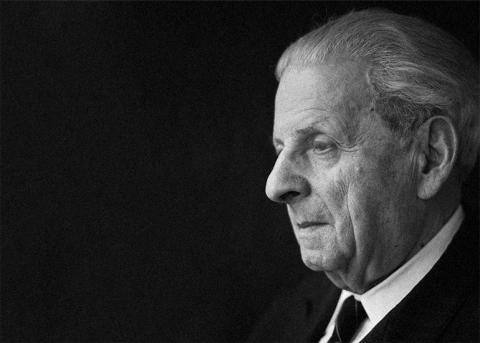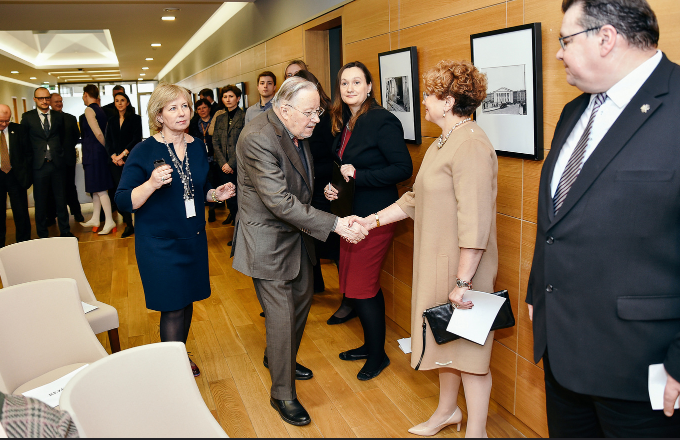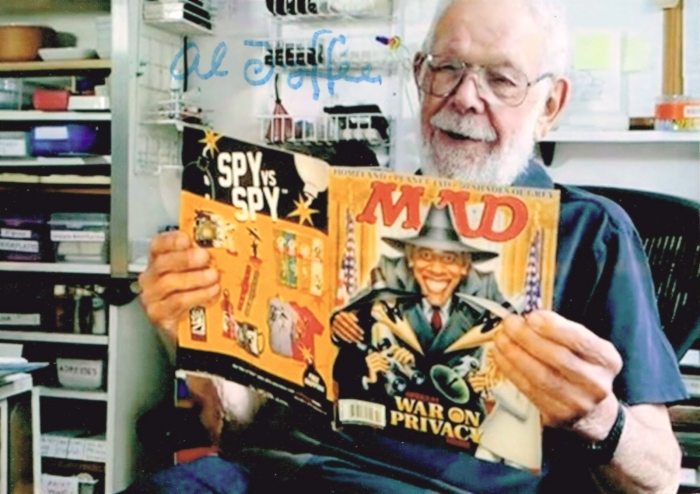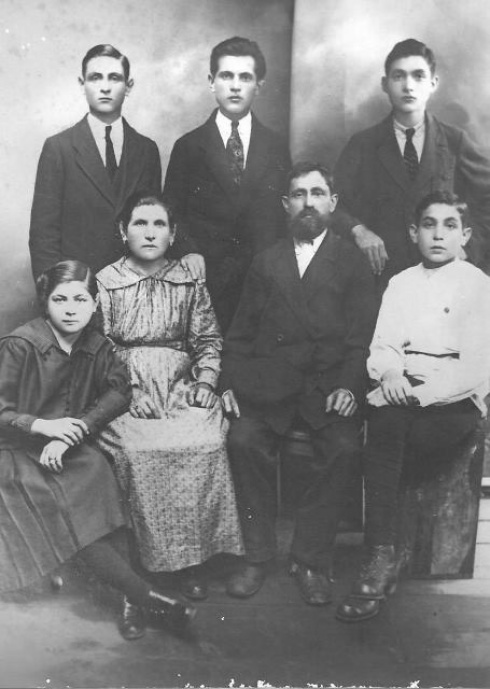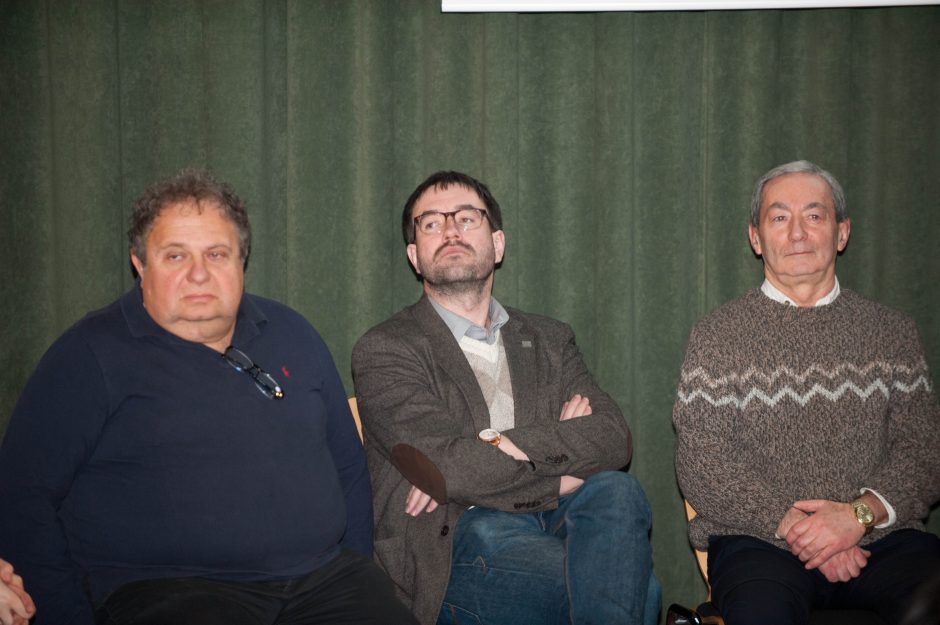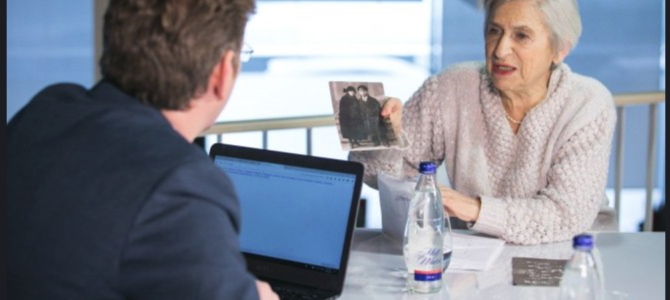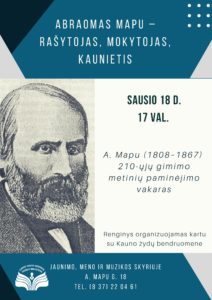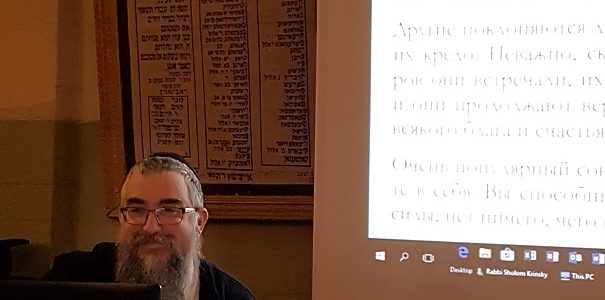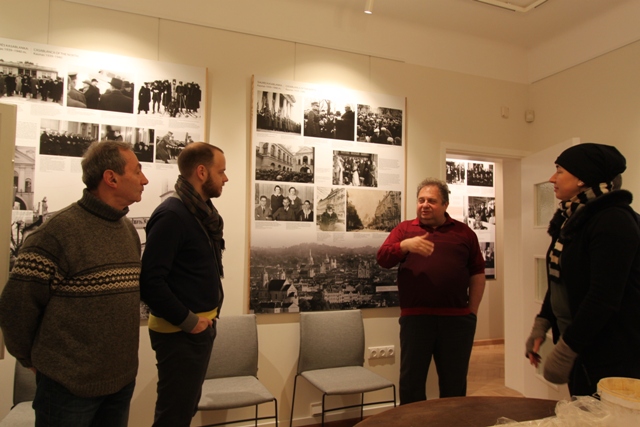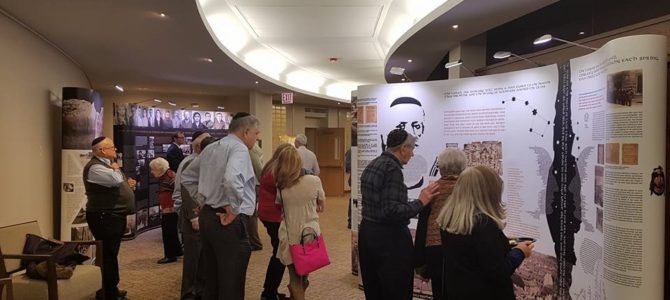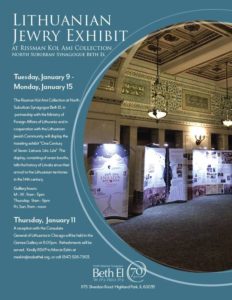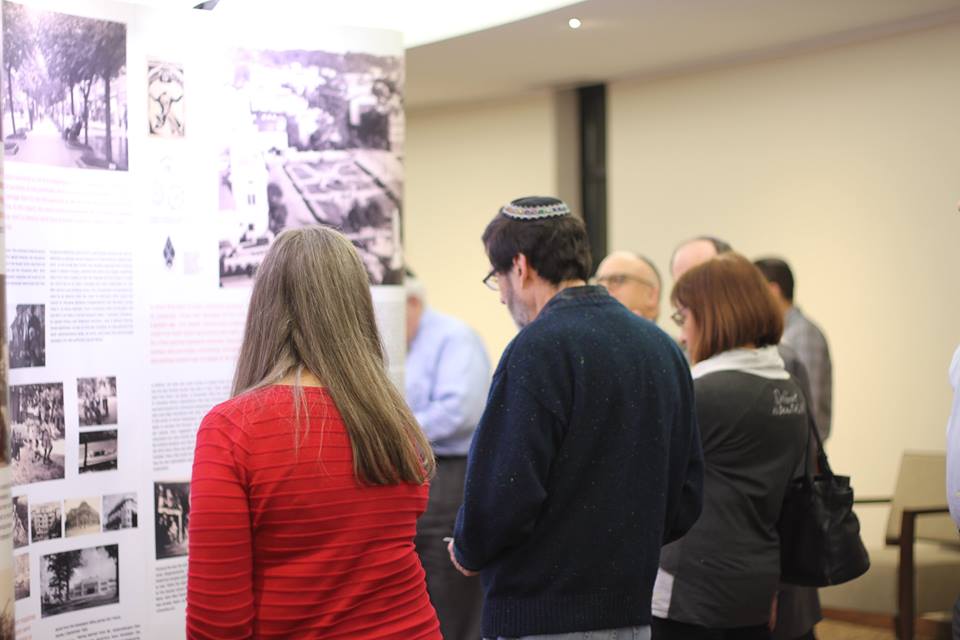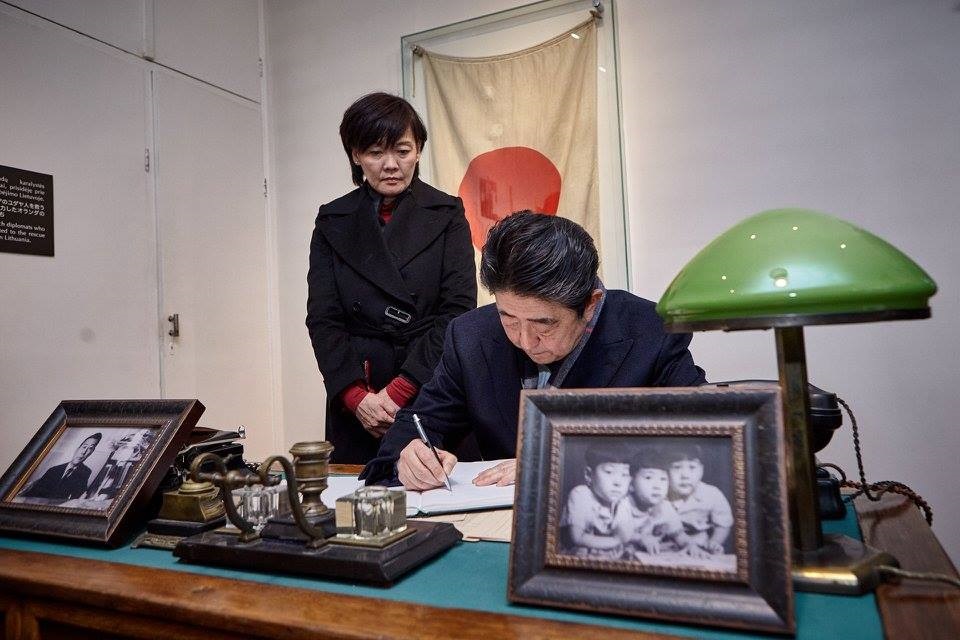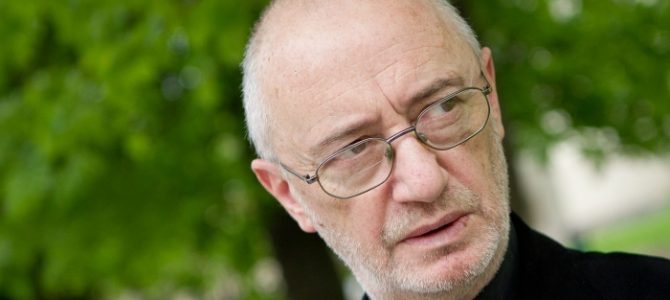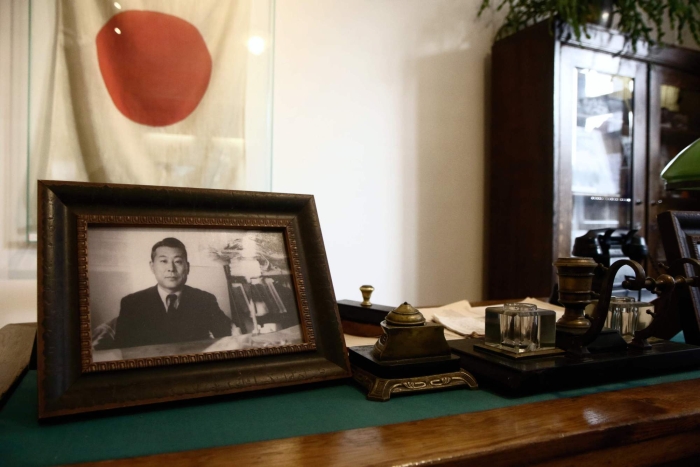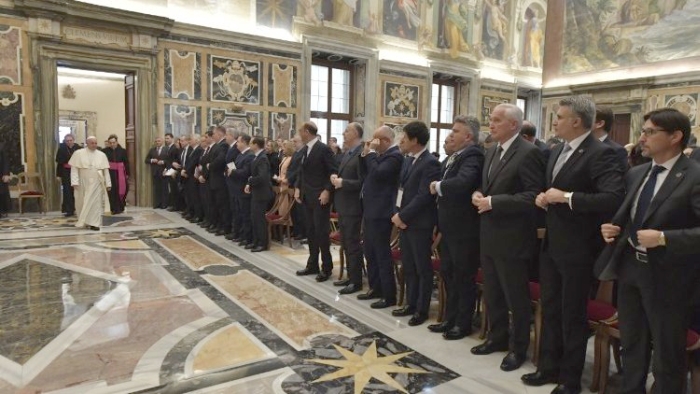
Pope: Indifference a virus which is contagious in our time
Pope Francis stresses the importance of responsibility, remembrance and education in fight against anti-Semitism.
In his speech to participants attending the Rome International Conference on the Responsibility of States, Institutions and Individuals in the Fight against Anti-Semitism in the OSCE Area, the Pope got right to the heart of his address by emphasizing three words, responsibility, indifference and memory.
Regarding responsibility, Pope Francis said, “we are responsible when we are able to respond. It is not merely a question of analyzing the causes of violence and refuting their perverse reasoning, but of being actively prepared to respond to them.”
Indifference
He went on to say, “the enemy against which we fight is not only hatred in all of its forms, but even more fundamentally, indifference; for it is indifference that paralyzes and impedes us from doing what is right even when we know that it is right.”
I do not grow tired of repeating, he said “that indifference is a virus that is dangerously contagious in our time, a time when we are ever more connected with others, but are increasingly less attentive to others.”


